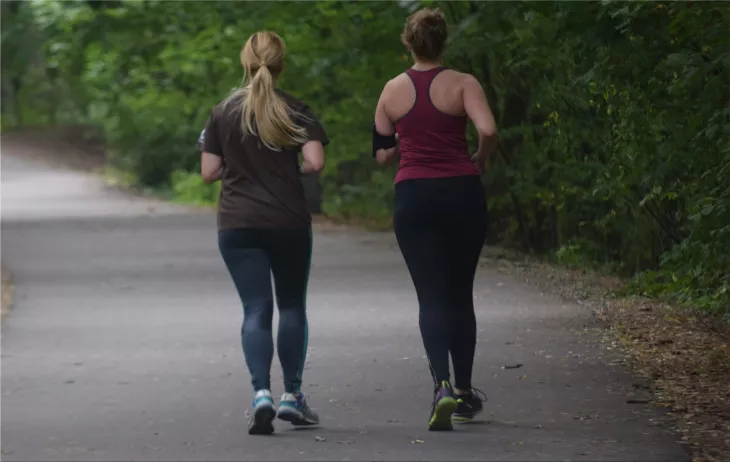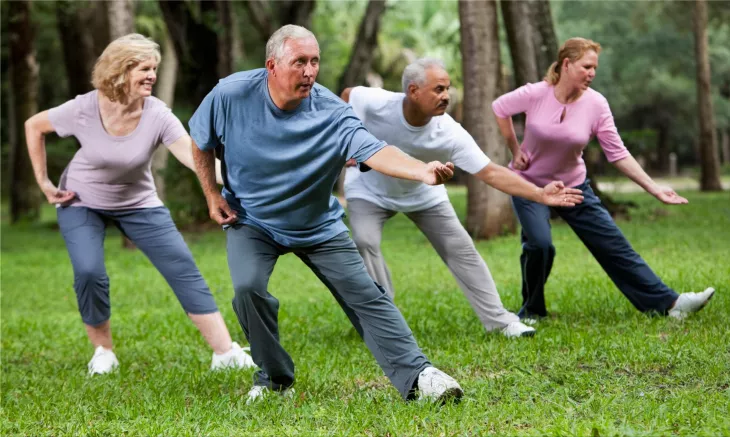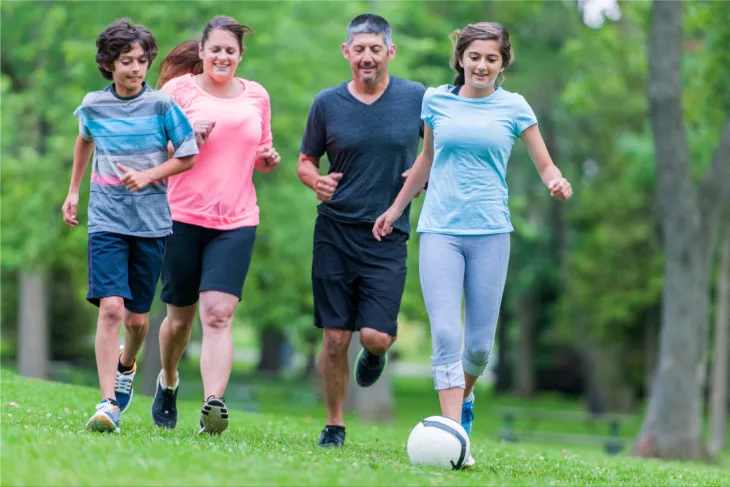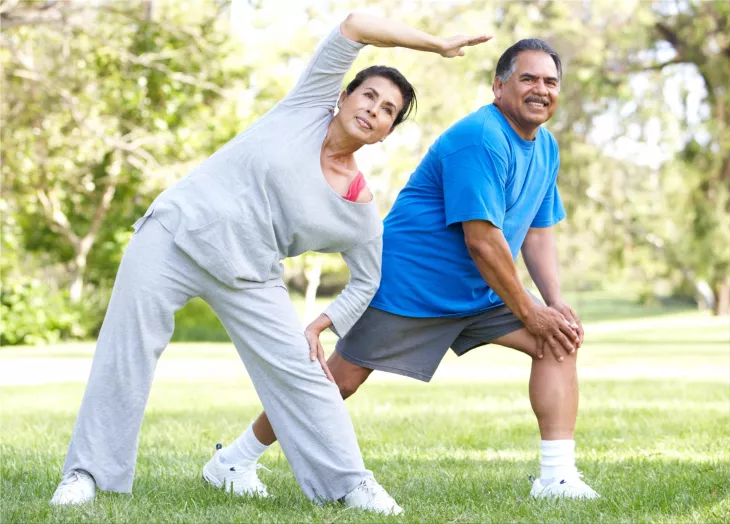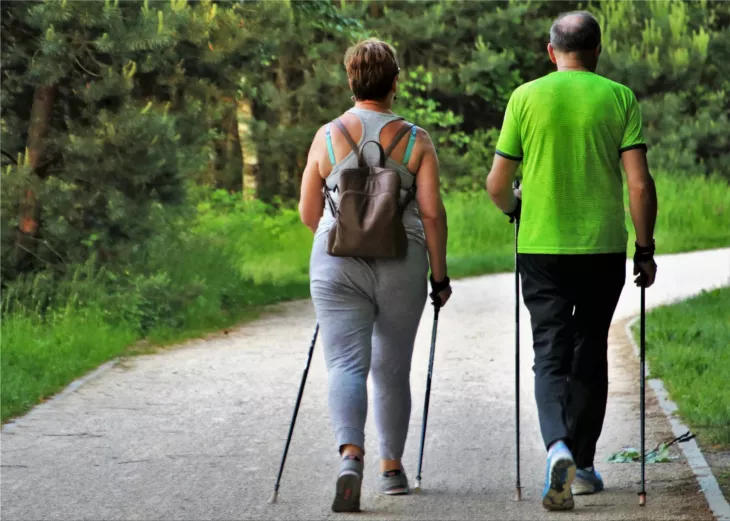Even small doses of physical activity, such as rapid walking, can significantly reduce the risk of depression, a new study from the USA shows. But, according to the study authors, most benefits come when you go from no activity to any walks.
Moderate to vigorous exercise is good for us and improves sleep, lowers blood pressure, and protects against heart disease, diabetes, and cancer. It also reduces stress, increases mood, and relieves anxiety and depression.
Current recommended levels of exercise are heart rate-boosting workouts at moderate levels (such as a brisk walk) 2.5 hours a week, along with an activity of the major muscle groups twice a week.
But in today's hectic world, many people have a hard time keeping up with a jog or going to the gym. If you are also depressed, your motivation drops further.
The study, published in the highly-rated journal, JAMA Psychiatry, analyzed 15 studies with over 190,000 people to examine how much exercise is required to reduce depression.
According to the study, adults who exercised the equivalent of 1.25 hours of fast walking per week had an 18% lower risk of depression than those who did not exercise.
Going up to the equivalent of 2.5 hours of brisk walking per week resulted in a 25% lower risk of depression.
According to the study, the benefits were most significant when a person went from being a couch potato to starting with walks. Training above the recommended levels did not provide any additional help.
"These findings are important for physicians who provide lifestyle advice, especially inactive individuals who may perceive current exercise recommendations as unrealistic," comments David Grönte, chief physician in psychiatry from Linköping, Sweden.
A study from 2018 found similar results—people who exercised had about 43% fewer days of anxiety or depression.
"Even just walking three times a week seems to give people better mental health than not exercising," continues David Grönte.
Exercising in a 45-minute workout three to five times a week was the most beneficial way to improve mental illness, according to the 2018 study.





